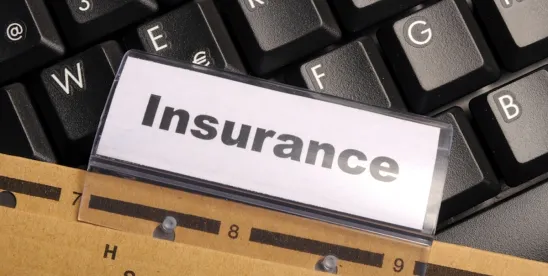Does the Insurance Marketing Coalition’s case in the Eleventh Circuit have more than a snowball’s chance in hell?
Maybe….
The IMC case against the FCC has oral arguments in front of the Eleventh Circuit on December 18. The Eleventh Circuit panel has been released and it’s an interesting panel. The three judges are:
- Elizabeth L. Branch – Former judge on the Georgia Court of Appeals and appointed by Trump in 2018.
- Britt C. Grant – Former Solicitor General for the State of Georga and Trump appointee.
- Robert J. Luck – Former Asst. U.S. Attorney from southern Florida. And Trump appointee.
These judges will decide the fate of IMC’s claim against the FCC. Part of the decision making will be how much deference does the FCC get in its rulemaking authority.
What makes this interesting is long time readers will know this falls under the Hobbs Act. And the Hobbs Act is having a moment and especially in the Eleventh Circuit.
The Supreme Court recently took up two cases involving the Hobbs Act deference (McLaughlin Chiropractic Associates, Inc. v. McKesson Corp and two Nuclear Regulatory Commission cases which were consolidated). So, there could be changes regarding Hobbs Act deference.
But, when it comes to the Eleventh Circuit, there have been multiple TCPA cases related to deference. The most important one, which relates to the IMC case and the McLaughlin case that’s currently with the Supreme Court, is Gorss Motels, Inc. v. Safemark System, LP 931 F.3d 1094. In Gorss, Chief Judge William Pryor wrote in a separate concurrence joined by Circuit Judges Kevin Newsome and ELIZABETH BRANCH, that prior Eleventh Circuit “precedents have misconstrued [the Hobbs Act]’s grant of ‘exclusive jurisdiction’ to the circuit courts ‘to enjoin, set aside, suspend (in whole or in part), or to determine the validity of’ certain agency orders.”
Pryor continued “The Hobbs Act grants the courts of appeals the exclusive jurisdiction to directly review certain agency orders by petitions for review…..
Unsurprisingly, if the Hobbs Act meant what we have said it means, its constitutionality would be in doubt. For one, our interpretation “raises significant questions under the Due Process Clause.”
Reading the concurrence in Gorss and assuming that Judge Branch still agree with it’s reasoning, it makes the IMC case significantly more interesting. Judges Branch, Grant, and Luck do appear to align with Judges William Pryor and Newsome on several constitutional issues. It would not stretch the limits of reason to think that the FCC’s 1:1 consent order was not properly enacted. And if that’s the case, then the Eleventh Circuit, might once again have an opportunity to strike a blow against Hobbs deference.




 />i
/>i

